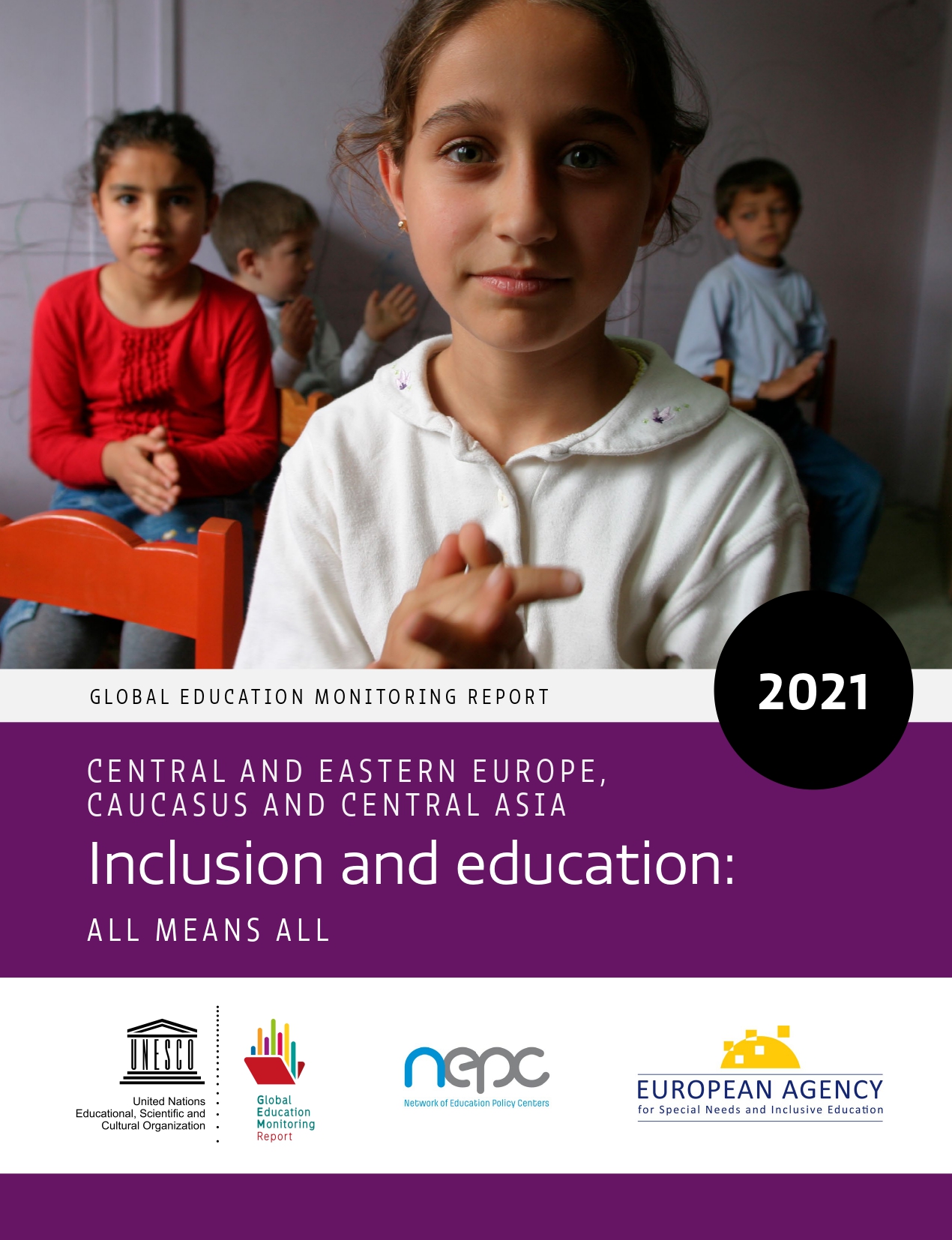Inclusion in education in Central and Eastern Europe, the Caucasus and Central Asia

Since 1989, the region has been trying to overcome this heavy legacy and shift towards a rights-based approach to education, often with the support of international organizations. Laws and policies have embraced a broader concept of inclusion. Teacher education and professional development programmes are being revised or restructured. Yet progress is uneven. Many changes are happening on paper, while deep-held beliefs and actual practices remain little altered. At the same time, education systems have been grappling with the fallout from political conflict and economic crises that exacerbate inequality and maintain tensions over social issues. Characteristics such as gender, remoteness, poverty, ethnicity, language, migration, displacement, incarceration, sexual orientation, gender identity and expression, and religion and other beliefs and attitudes are associated with unequal distribution of education opportunities. Produced by the Global Education Monitoring Report team, in partnership with the European Agency for Special Needs and Inclusive Education and the Network of Education Policy Centers, this report draws on in-depth profiles of 30 education systems in the region. It also presents the additional risks to inclusion now posed by the COVID-19 pandemic. Building on the 2020 Global Education Monitoring Report, it documents barriers facing learners, particularly where multiple disadvantages intersect. Its recommendations provide a systematic framework for identifying and dismantling these barriers, according to the principle that ‘every learner matters and matters equally’.